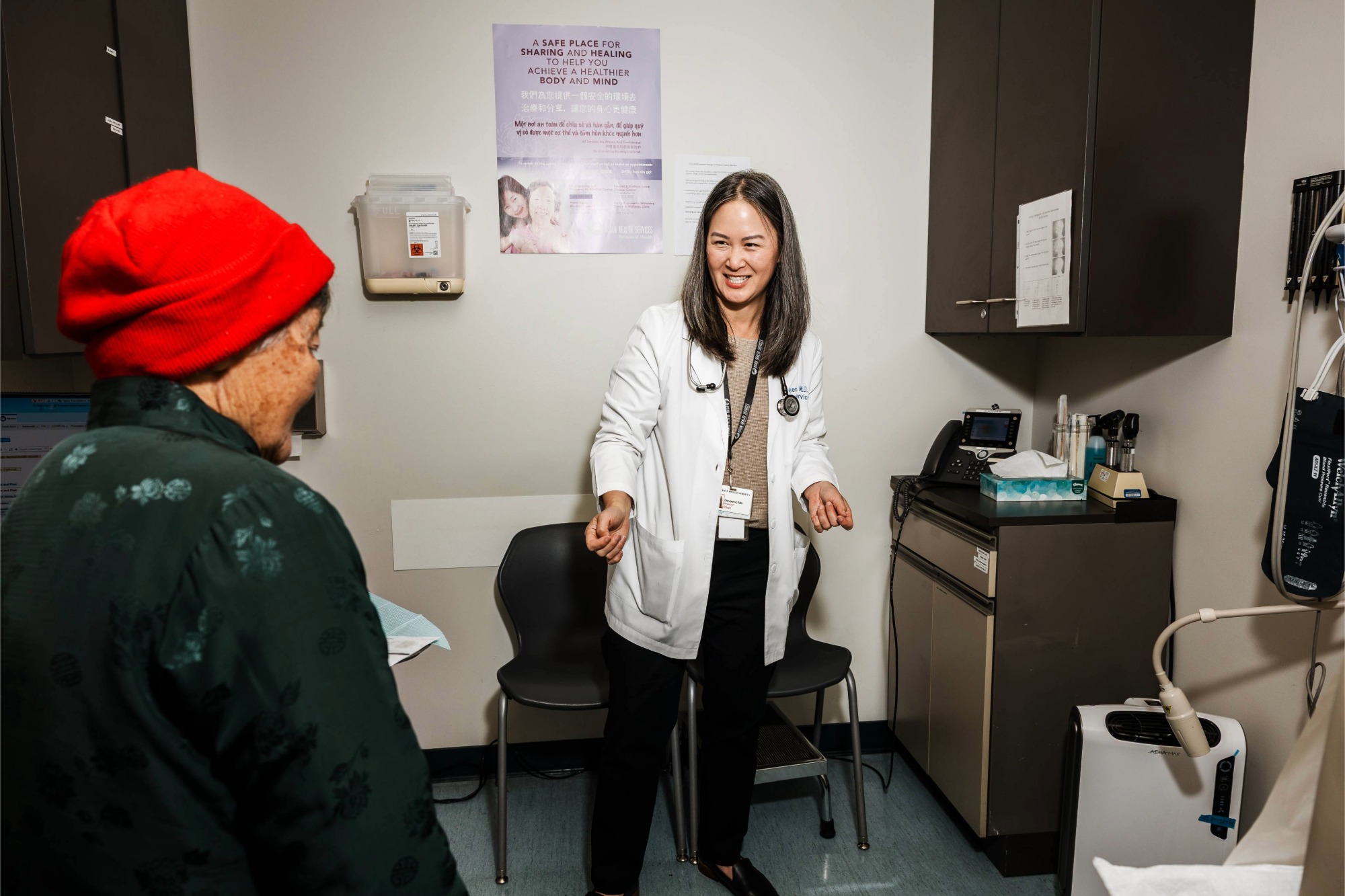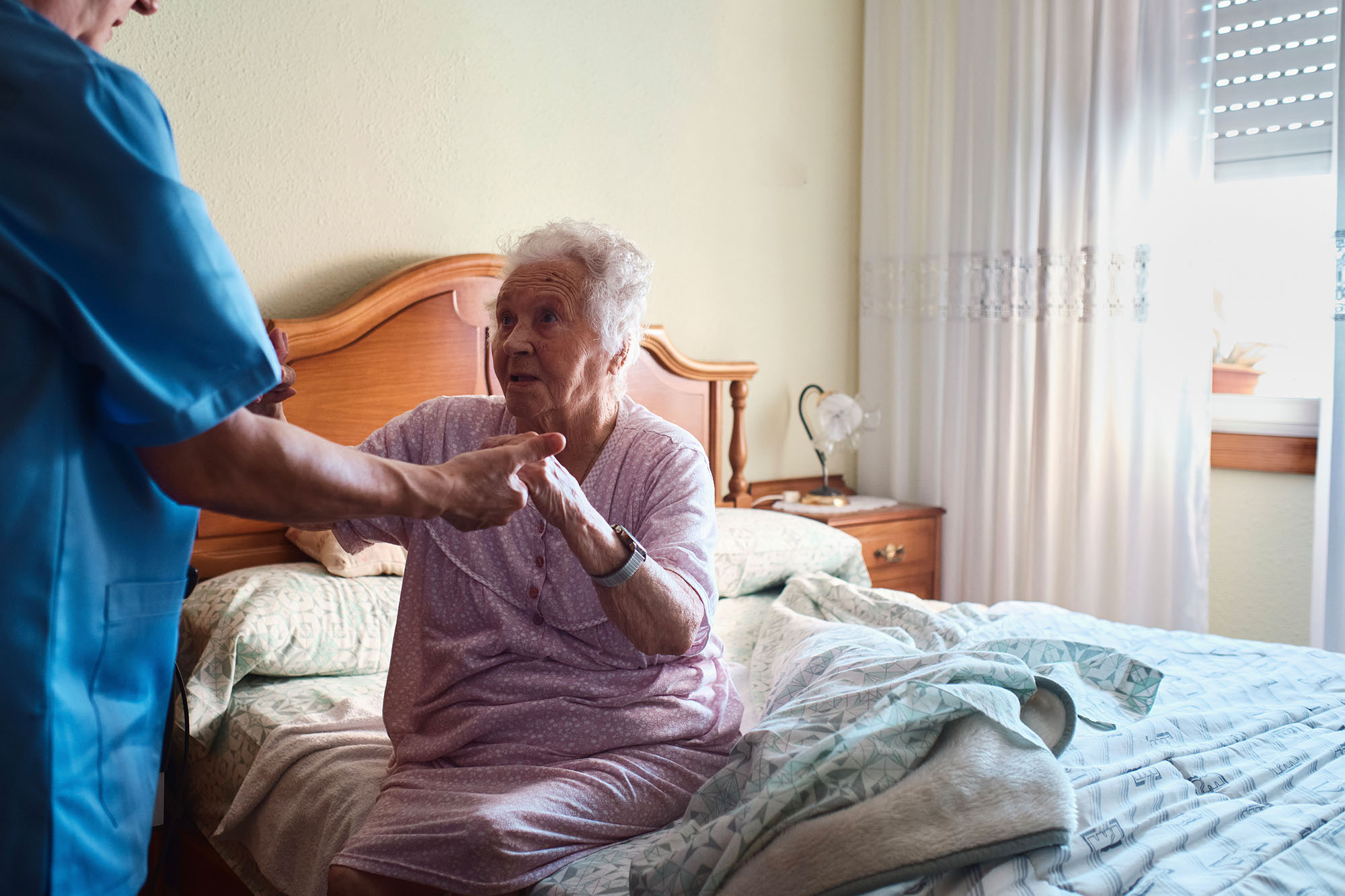The expansion of palliative care relies on a robust and skilled interdisciplinary workforce, including medical providers, nurses, social workers, and chaplains, all with the necessary capacity, capability, and competencies. Note that palliative care only officially gained recognition as a distinct medical specialty in 2006. Since then, leaders in palliative care have recognized that the size of the specialty workforce is likely to remain insufficient to meet the needs of people with serious illness. This underscores the significance of implementing continued and diverse approaches to support the growth of a well-trained workforce including specialty palliative care and generalist palliative care.
Workforce Definitions
Specialty palliative care. Specific area of medical practice that focuses on providing specialized care and support to those with serious illness. Specialty palliative care clinicians have specialized training and certification.
Generalist palliative care. Basic level of care provided by health professionals who may not have specialized training or expertise in palliative care but have general skills in managing pain and symptoms, discussing prognosis and goals of care, and identifying unmet social, emotional, or spiritual needs of patients with serious illness. When necessary, generalist palliative care providers refer patients to specialty palliative care for more complex interventions. Generalist palliative care is also called primary palliative care or basic palliative care.
Specialty Palliative Care Fellowship and Certification Programs
The pathways to becoming a certified specialty palliative care practitioner have increased substantially. Today, California offers a total of 13 accredited medical fellowship programs, and specialty certification programs are available for registered nurses, nursing assistants, advanced practice registered nurses, licensed/vocational nurses, physicians, social workers, and chaplains. (See “Resources from the Field.”)
Generalist Palliative Skills Training
Generalist palliative care (also known as “primary palliative care”) has emerged as an important strategy for ensuring comprehensive care for all people facing serious illness. The generalist palliative care model began gaining traction over a decade ago as a practical response to the increasing demand for palliative care services and supports while reserving limited palliative care specialists for patients with more complex needs. Generalist palliative care skills let non-palliative care specialists administer basic palliative care comfortably and competently. More options exist for training in generalist palliative care now than ever before, including in-person, online synchronous, and online asynchronous training. (See “Resources from the Field.”)
Resources from the Field
- Accreditation Council for Graduate Medical Education
- California State University Shiley Haynes Institute for Palliative Care
- Center to Advance Palliative Care
- End-of-Life Nursing Education Consortium
- Evidence-Based Communications Skills Training (VitalTalk)
- Essential Skills and Supports for All Clinicians Treating Serious Illness: Building Generalist Palliative Care Capabilities Across Services and Settings (CHCF)
- Serious Illness Care: Tools for Clinicians and Health Systems (Ariadne Labs)
- Essentials of Palliative Care (Stanford School of Medicine)
For full source information, see California’s Palliative Care Evolution — Drivers of Progress in Advancing Palliative Care (PDF).






